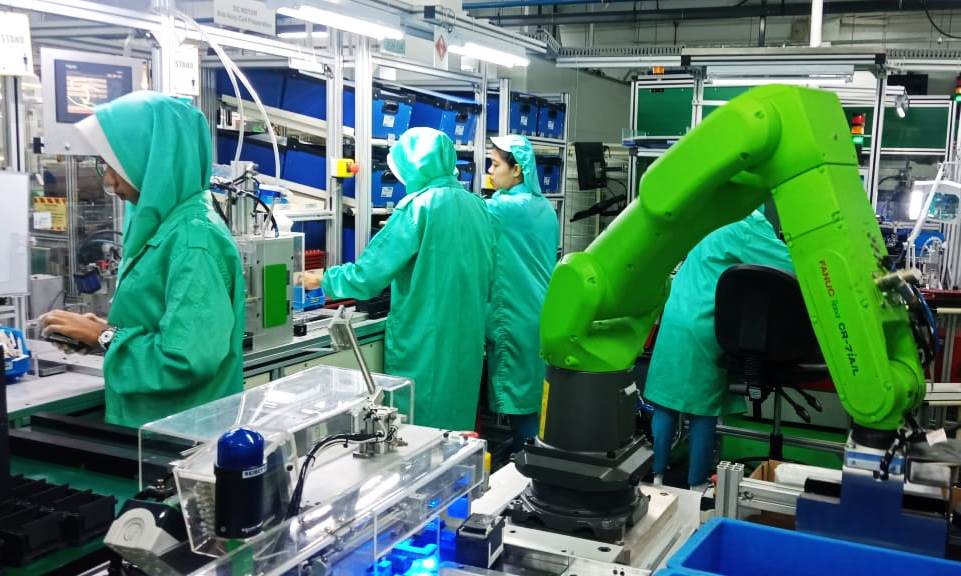To boost the manufacturing sector, the Indonesian Government introduced the “Make Indonesia 4.0” initiative.
In short, it is a roadmap to develop the country’s manufacturing industries following established industrial practices according to the concept of the fourth industrial revolution.
As a goal, the roadmap envisages doubling labor productivity, thereby increasing global competitiveness and Indonesia’s share of the world export market.
Among Indonesia’s goals in the framework of the fourth industrial revolution are the following:
Appear in the list of the 10 main economic powers of the world by GDP.
Double the productivity / cost ratio.
Achieve a 10% contribution of net exports to GDP.
Allocate 2% of GDP to research and development activities.
Manufacturing
The “Make Indonesia 4.0” roadmap contains 10 national initiatives, all aimed at accelerating the development of manufacturing industries in Indonesia.
These initiatives include the following:
- Increase the circulation of goods and materials.
- Redesign industrial zones.
- Adopt sustainability standards.
- Empower MSMEs.
- Establish a national digital infrastructure.
- Attract foreign investment.
- Improve the quality of human resources.
- Developing ecosystems for innovation.
- Promote investment in technology.
- Harmonize rules and policies.
Dynamism
To achieve quality economic growth in the future, the Government has identified improving structural transformation as one of its priority policies.
Above all, the policy is based on the revitalization of manufacturing industries, while continuing to encourage the development of other sectors through modernization initiatives in the field of agriculture, the later phases of the mining process and the development of an infrastructure. sustainable, as well as by transforming the service sector
The country’s manufacturing industries grew at a rate lower than the 3.80% recorded by the economy in 2019, due to the contraction experienced by the oil and gas transformation industry.
The role of state companies is manifested in the business activity of almost all sectors, including the agricultural sector (PTPN for plantations and Perum BULOG for agricultural products); the manufacturing sector (PT. PAL for maritime transport and INKA for rail transport); fishing (PT. Perikanan Nusantara and Perum Perikanan Indonesia); and mining and energy (PT. Pertamina).
![]()

